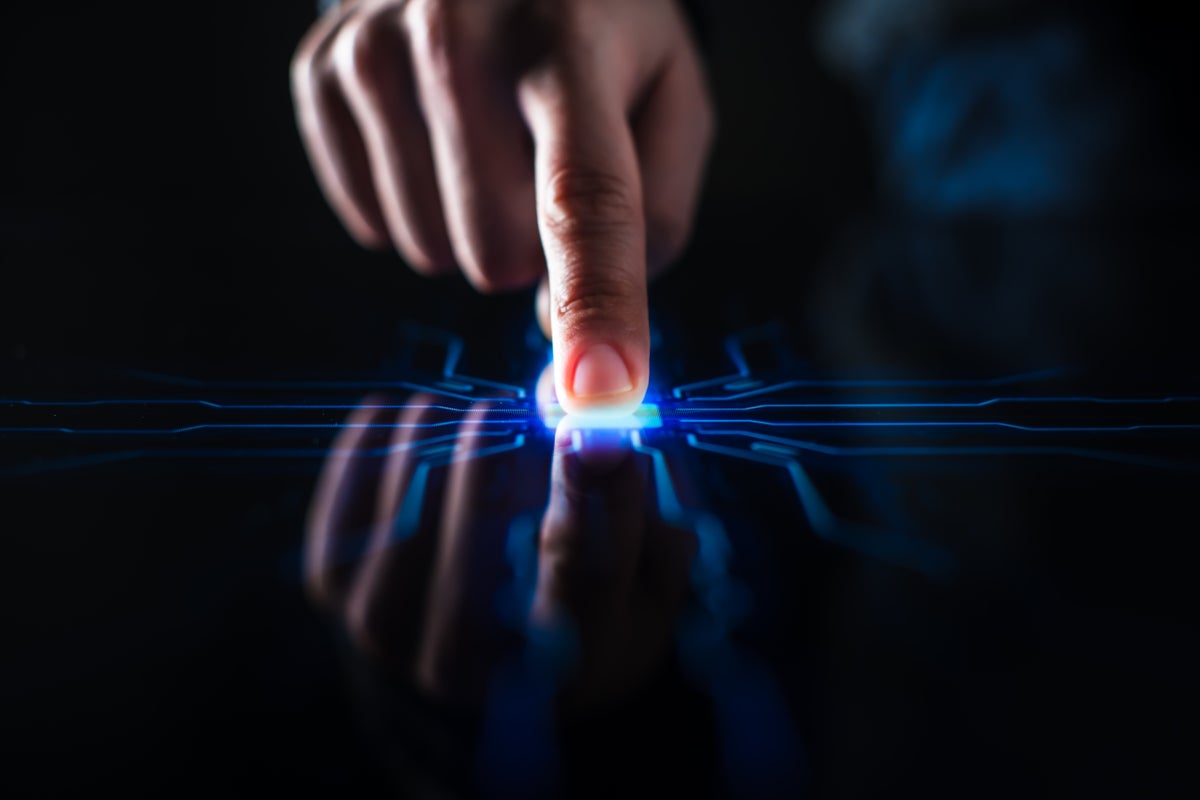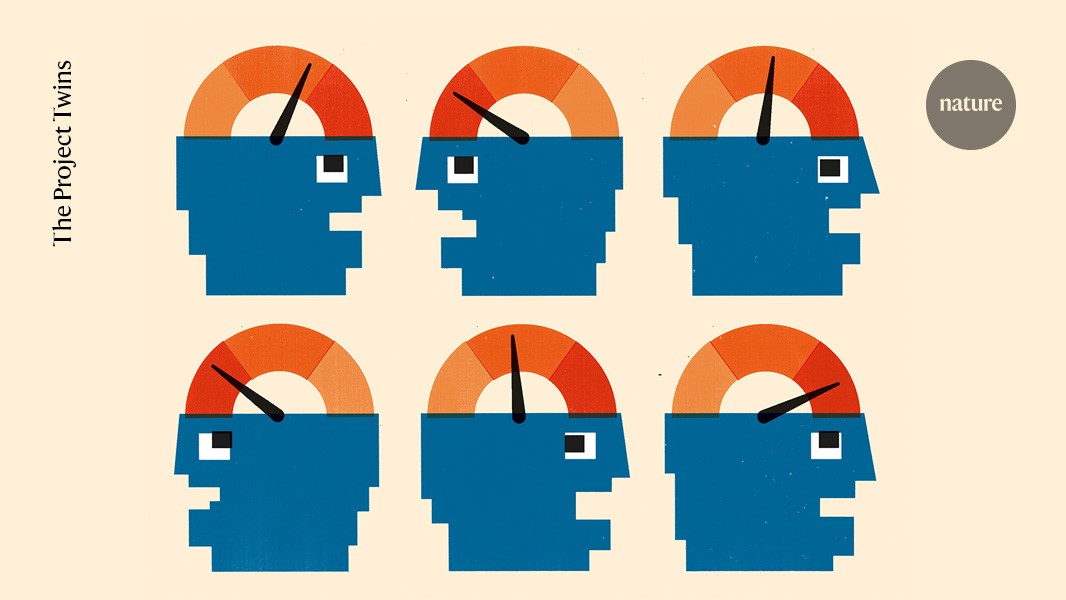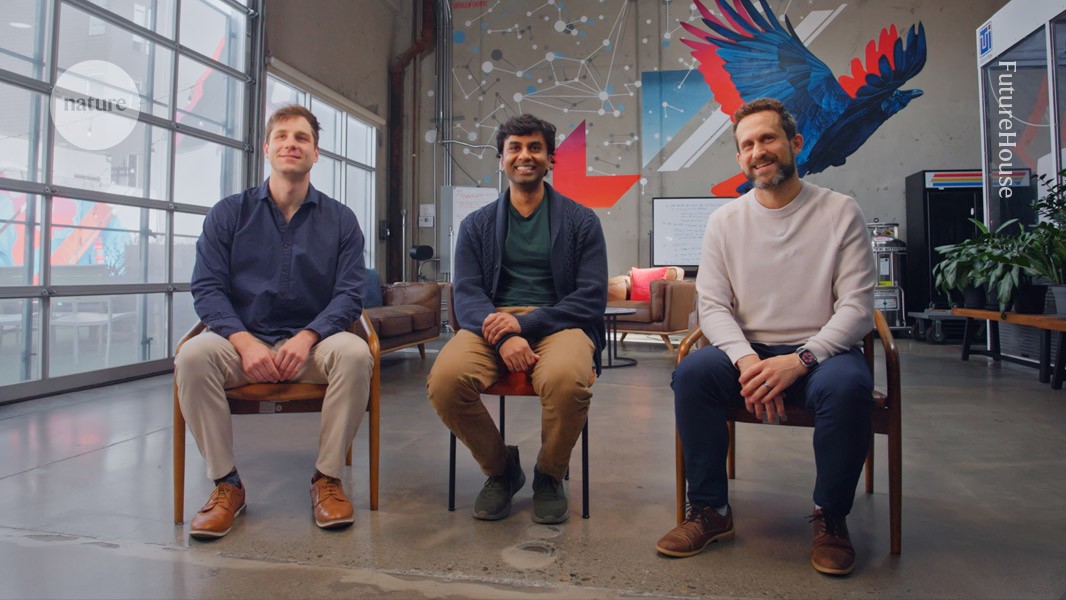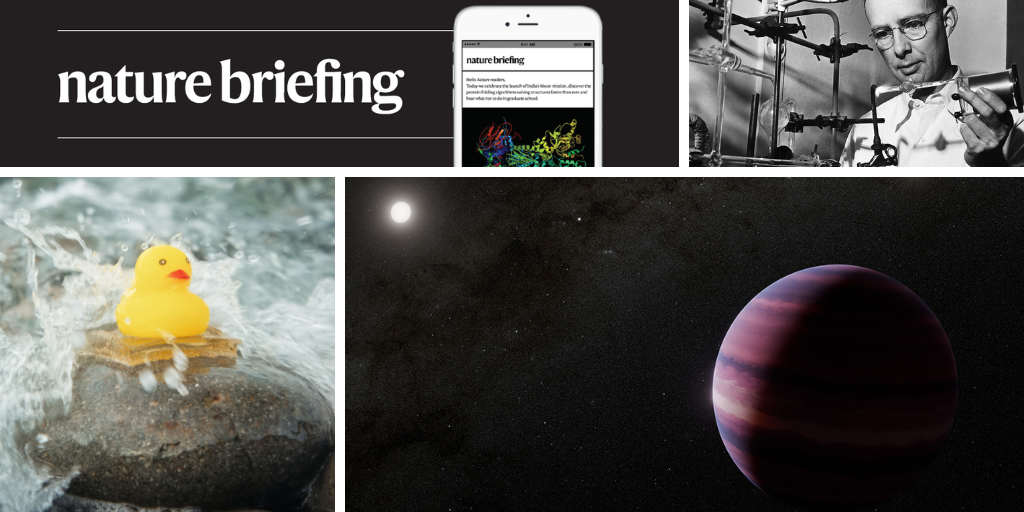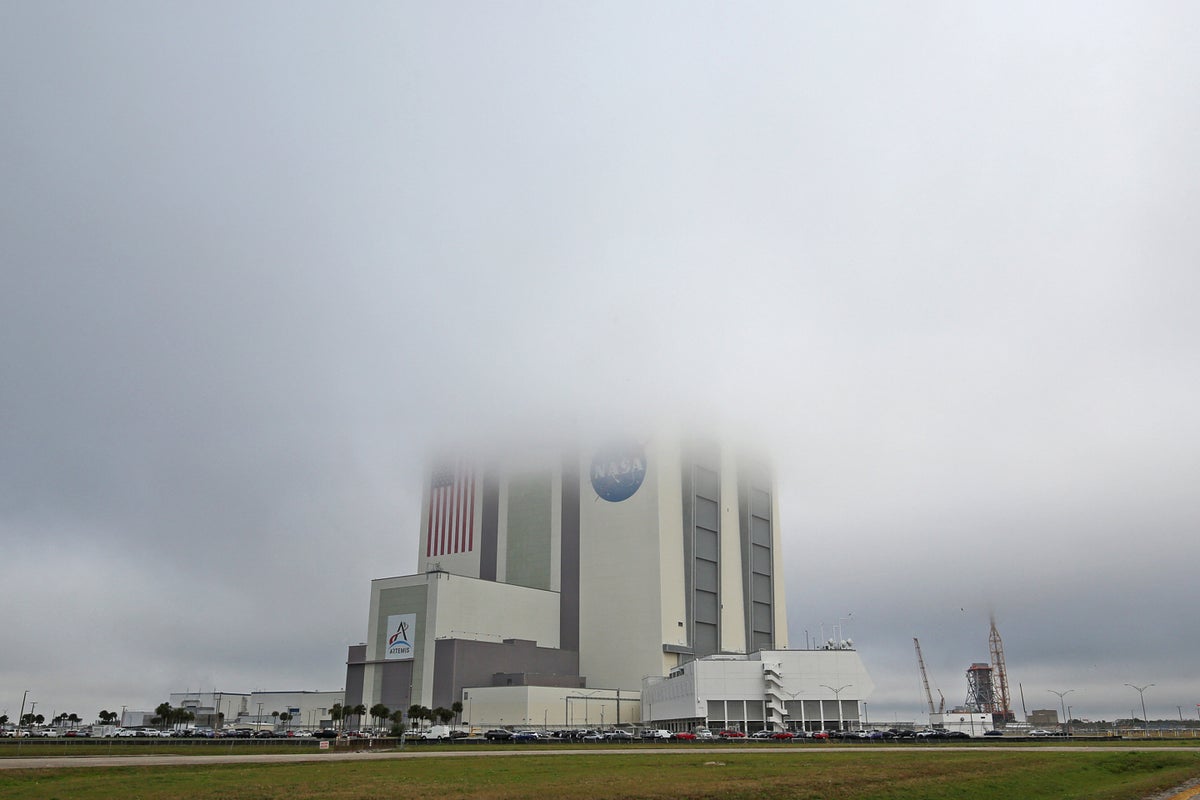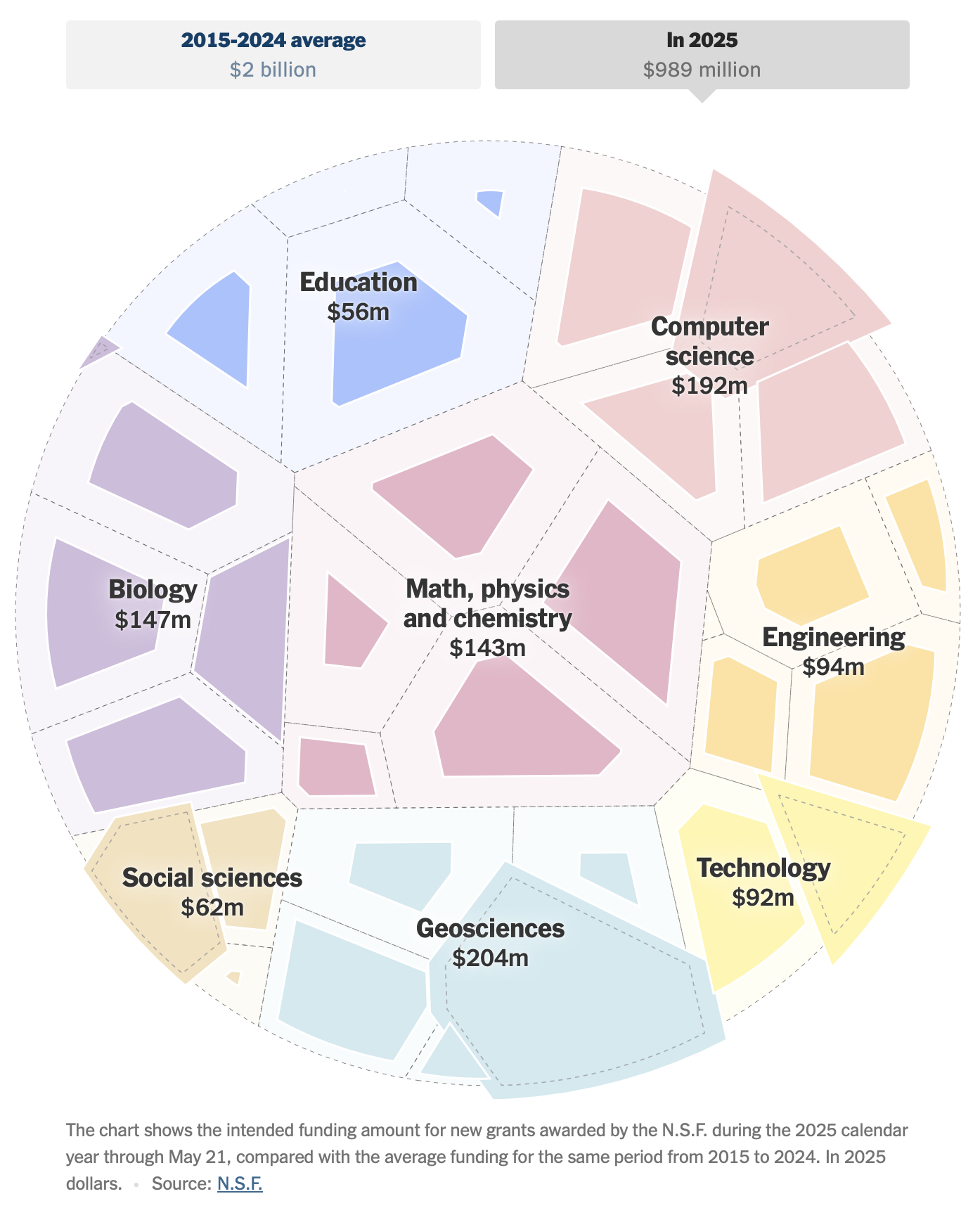#scientific-research
#scientific-research
[ follow ]
#trump-administration #climate-change #funding-cuts #national-science-foundation #innovation #budget-cuts
fromwww.scientificamerican.com
3 months agoNew Research Shows How AI Could Transform Math, Physics, Cancer Research, and More
A new report from OpenAI and a group of outside scientists shows how GPT-5, the company's latest AI large language model (LLM), can help with research from black holes to cancerfighting cells to math puzzles. Each chapter in the paper offers case studies: a mathematician or a physicist stuck in a quandary, a doctor trying to confirm a lab result. They all ask GPT-5 for help. Sometimes the LLM gets things wrong.
Artificial intelligence
fromwww.nature.com
4 months agoGovernment Shutdown Leaves Scientists in Limbo
The shutdown of the US government, about to enter its third week, is starting to take a toll on US science. Since the shutdown began, the administration of US President Donald Trump has cancelled funding for clean-energy research projects and laid off public-health workers. The activities of some federally funded museums and laboratories have been suspended, along with the processing of grant applications by agencies such as the National Science Foundation (NSF).
Public health
fromwww.nature.com
6 months agoScientists can help stop a slide to nuclear war don't shut them out again
On the morning of 6 August 1945, in Hiroshima, Japan, a flash of light enveloped the sky so brightly that a 13-year-old boy, Oiwa Kohei, thought the Sun had fallen to Earth and landed in his mother's flower beds.
US politics
#national-science-foundation
Brooklyn
fromBrooklyn Eagle
9 months agoPREMIUMReview and Comment: Unprecedented cuts to the National Science Foundation endanger research that improves economic growth, national security and your life
NSF funding has been crucial for scientific advancements, safety improvements, and economic returns, but is threatened by proposed funding cuts.
Business intelligence
fromHackernoon
9 months agoDriving Excellence in Scientific Research Support Through ERP Leadership by Chandan Mishra | HackerNoon
Chandan Mishra's leadership in business systems management significantly enhances operational excellence and scientific innovation at the National Research Laboratory.
#federal-funding
Non-profit organizations
fromInside Higher Ed | Higher Education News, Events and Jobs
9 months agoTrump Adviser Blames "Scientific Slowdown" on DEI, Red Tape
Federal research funding cuts prompt a crucial reevaluation of priorities within the scientific community, emphasizing a shift towards private sector support.
OMG science
fromWIRED
9 months agoDismantling NOAA Threatens the World's Ability to Monitor Carbon Dioxide Levels
Long-term atmospheric measurements are essential yet struggle to secure funding due to perceived lack of novelty.
The scientific community for carbon dioxide measurement is small and faces recruitment challenges.
fromNature
9 months agoWill US science survive Trump 2.0?
In March, some 1,900 members of the US National Academies of Sciences, Engineering, and Medicine published an open letter, declaring: "We are sending this SOS to sound a clear warning: the nation's scientific enterprise is being decimated."
OMG science
NYC startup
fromThe New Yorker
10 months agoLetters from Our Readers
The article critiques the Trump Administration's impact on scientific research and calls for corporate investment in government-funded innovations.
Carrie Battan's piece is criticized for not addressing the youth addiction aspect of nicotine products.
OMG science
fromAustin Monitor
10 months agoUT Austin professors fear Trump administration's funding cuts will derail life-saving research - Austin Monitor
Federal funding cuts threaten opportunities for future scientists at UT Austin and across the U.S.
NIH grants, crucial for biomedical research, are facing significant reductions under the Trump administration.
OMG science
fromHackernoon
1 year agoA New AI Tool Builds Knowledge Graphs So Good, They Could Rewire Scientific Discovery | HackerNoon
The study presents a new NLP pipeline that efficiently constructs knowledge graphs from unstructured scientific texts by fine-tuning language models with minimal data.
[ Load more ]
